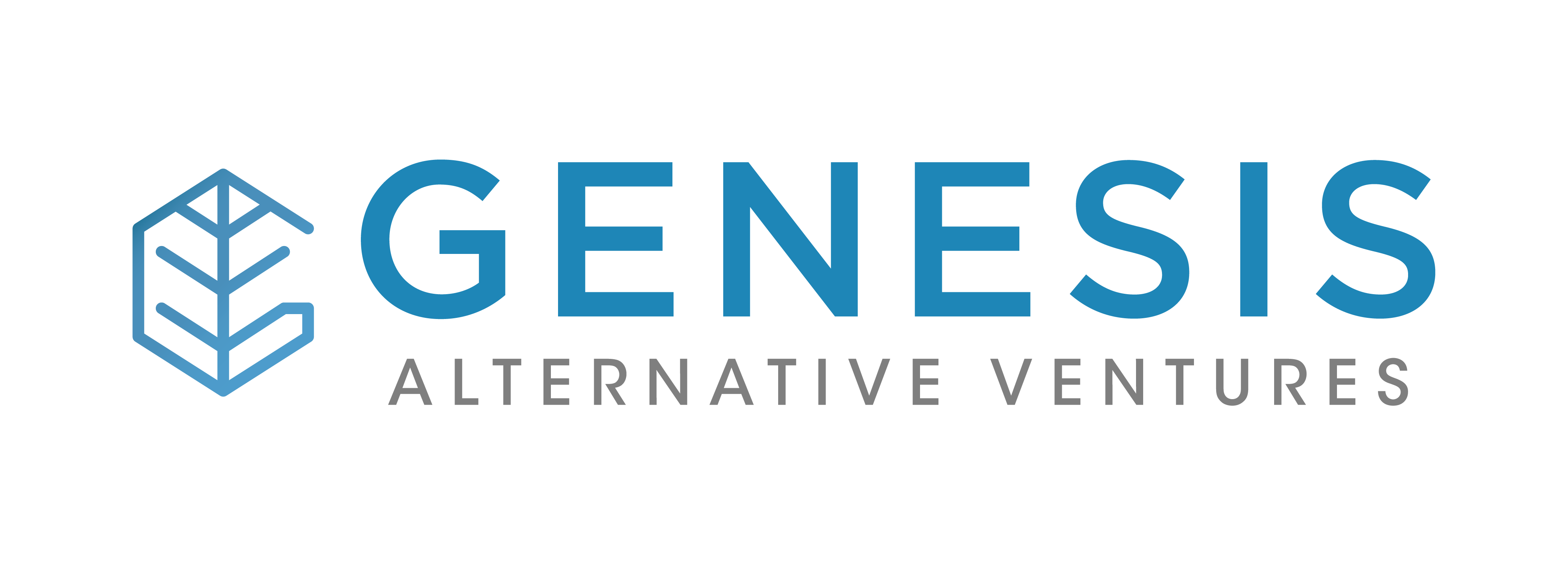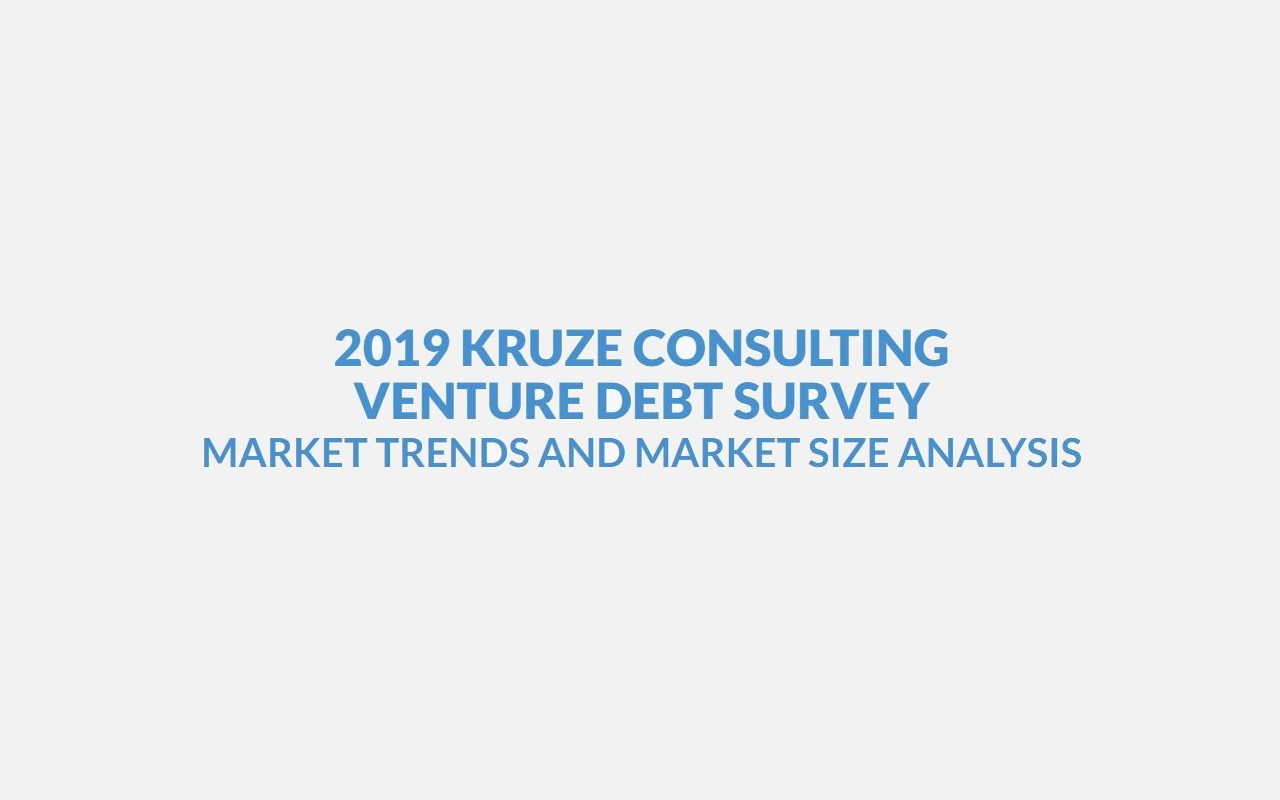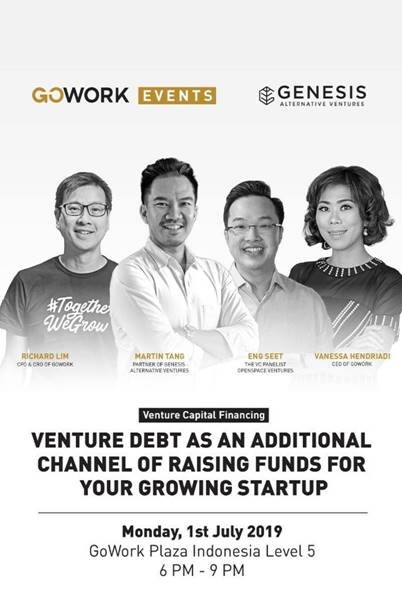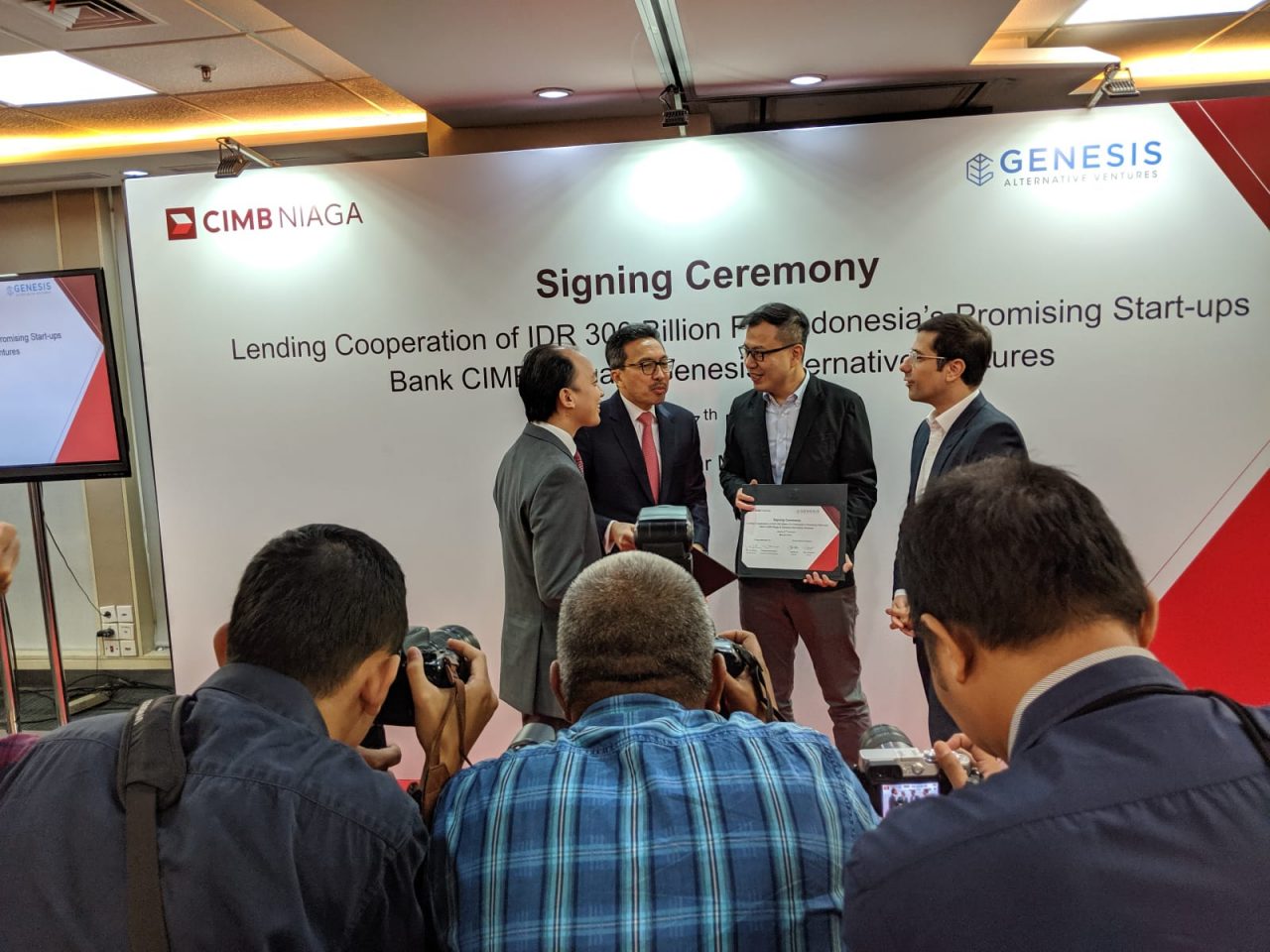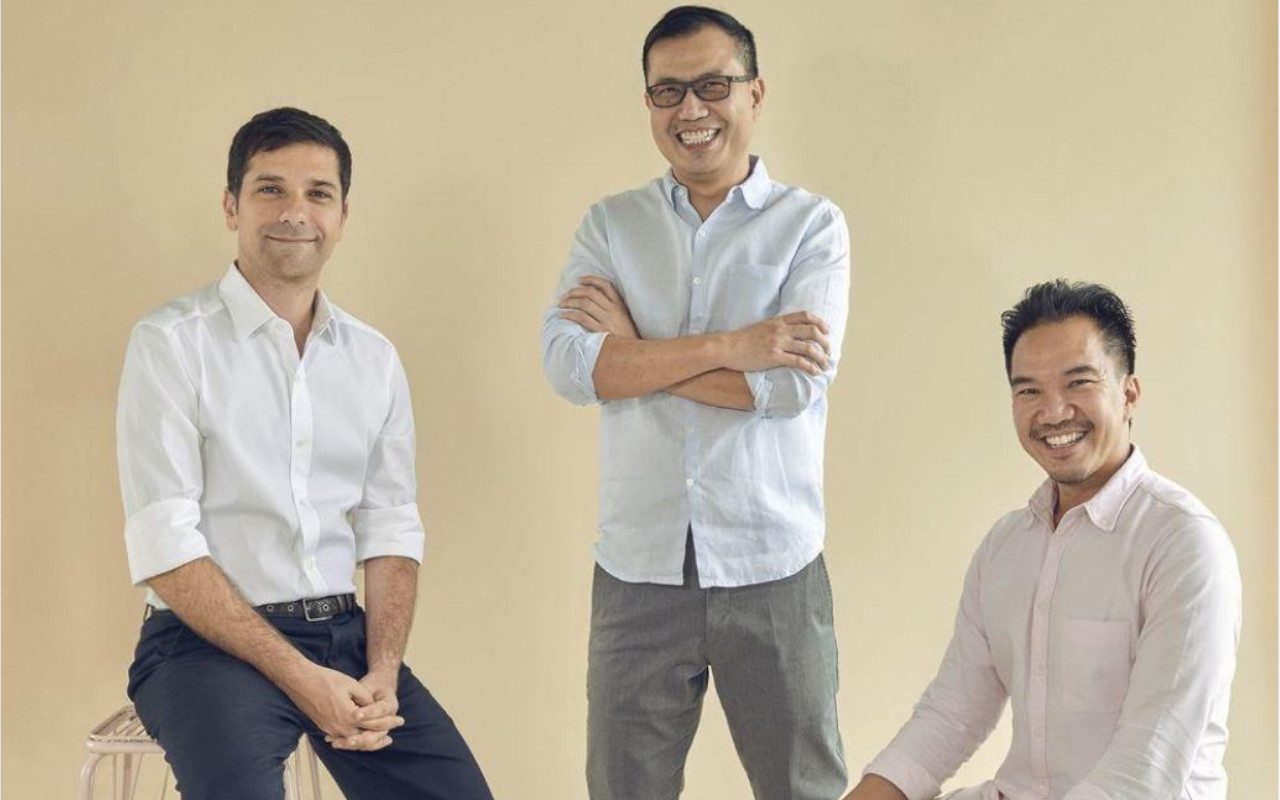As companies are looking to cash in on the potential of uniting the infrastructure and development of the Greater Bay Area,
In a recent article, Private Debt Investor reported that “venture debt is blossoming” and suggested that “venture debt will surf” in Covid-19’s wake. US venture debt companies are reporting an uptick in dealflow from both existing and new clients notwithstanding “startup layoffs and drying up deal opportunities”.
This might sound counter-intuitive; why would companies leverage up during these difficult times?
Understanding the principles around venture debt might provide an insight into this emerging trend and help leadership teams assess the suitability of venture debt as a financing option.
Venture debt today.
According to Kruze Consulting, US$10bn of venture debt was raised by venture-backed companies in 2019 in the United States alone. Venture debt raised by companies in Southeast Asia is at a fraction today. However, venture debt financing is growing strongly in the region partly given the massive inflows of equity funding (which is a forerunner of venture debt), the maturing ecosystem generally and maturing companies that benefit from alternative forms of funding, including less-dilutive funding, as these companies grow.
Cash is king.
Raising venture debt to extend the runway in order to allow the company to gain additional value by the next round of financing has been a key attraction to raising venture debt. Given today’s environment especially, where most companies will be confronted with revenue and growth pressure over the next 6 to 12 months, adding cash to shore up the balance sheet in order to extend the runway is probably a good idea for most leadership teams (and their investors). This is especially so in the case where VCs slow-down funding in the immediate quarters to come.
Read More : Repost: Venture Debt Market Reaches All-Time High According to Largest Study Ever
Flight to quality.
Investors are more and more pivoting towards profitability over growth. WeWork’s troubles, coupled with the woes of SoftBank Vision Fund, probably accelerated this view in the last months of 2019. This is now further exacerbated by the new realities of Covid-19. Companies that prioritise profitability (or cashflows) over growth form the staple of venture debt lending. At Genesis, for example, a key part of our investment approach is to seek out solid equity-sponsored companies with strong positive unit economics and without heavy leakage into buying growth. Your company should consider venture debt funding if this sounds like you.
Less-Dilution.
Strong companies will continue to successfully fundraise during Covid-19. Historically there have been many opportunities for companies, founders and investors alike in downturns, and hopefully Covid-19 will be no different. However, a common feature during downturns, even for companies that are successfully fundraising, are valuations that are lower (even significantly lower) than previous rounds. And here’s a situation where venture debt can step in to help the company and its founders raise part of this cash without the sting of that additional dilution.
Also, if a leadership team is raising funds to shore up its working capital needs during this difficult time, raising equity to do so can be a pretty expensive exercise for shareholders (especially with the above in mind). Understanding your working capital needs, and balancing unnecessary equity dilution versus the cost of debt capital, will perhaps push leadership teams to view debt financing more favourably in such circumstances.
Read More : The Venture Debt Investors Journey in Southeast Asia
Stable VC Presence & Funding in SEA.
The Southeast Asia tech ecosystem will benefit from recently raised VC capital pre-Covid-19. In addition to the US$20 billion deployed across Southeast Asia tech companies in 2018 & 2019, an estimated additional US$4 billion of capital will be made available by funds for deployment in the region. Armed with this liquidity, VCs will deploy into companies with strong fundamentals and/or companies that can capture the value of markets in a post-Covid world. Together with VC funding, venture debt will be a valuable complement for companies looking to build-up their balance sheets during this time.
If you’d like to explore raising venture debt as part of your overall capital needs, drop us a note and we’ll work with you to understand your needs.
